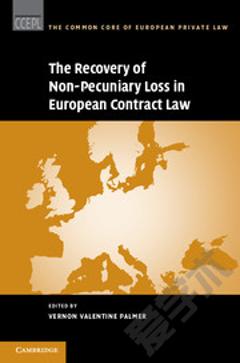Mistake, Fraud and Duties to Inform in European Contract Law
This 2005 examination of twelve case studies about mistake, fraud and duties to inform reveals significant differences about how contract law works in thirteen European legal systems and, despite the fact that the solutions proposed are often similar, what divergent values underlie the legal rules. Whereas some jurisdictions recognise increasing duties to inform in numerous contracts so that the destiny of mistake and fraud (classical defects of consent) may appear to be uncertain, other jurisdictions continue to refuse such duties as a general rule or fail to recognise the need to protect one of the parties where there is an imbalance in bargaining power or information. Avoiding preconceptions as to where and why these differences exist, this book first examines the historical origins and development of defects of consent, then considers the issues from a comparative and critical standpoint.
{{comment.content}}








 京公网安备 11010802027623号
京公网安备 11010802027623号